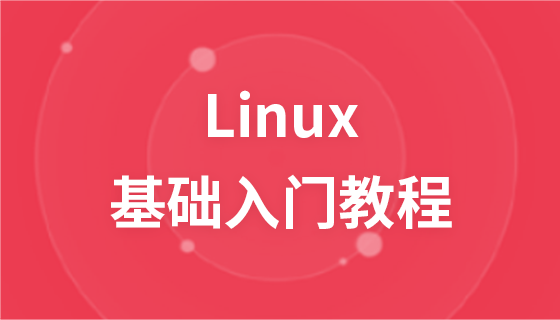
Course Elementary 76854
Course Introduction:The English explanation of Linux is Linux is not Unix. Linux is a free-to-use and freely disseminated Unix-like operating system. It is a multi-user, multi-task, multi-thread and multi-CPU operating system based on POSIX and UNIX. It can run major UNIX software tools, applications and network protocols. "Linux Tutorial", we will introduce how to use Linux. Linux is actually very easy to learn, I believe you can learn it quickly.

Course Elementary 5742
Course Introduction:Linux is a UNIX-like operating system that is free to use and spread freely. It is mainly inspired by the ideas of Minix and Unix. It is a multi-user, multi-task, multi-thread and multi-CPU operating system based on POSIX.
2017-06-06 09:52:57 0 5 981
javascript - What is the relationship between weex and node and js?
2017-05-16 13:31:36 0 1 660
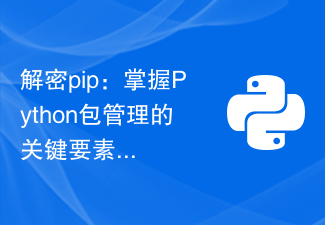
Course Introduction:Exploring pip in depth: Mastering the key to Python package management requires specific code examples. Introduction: In the world of Python, package management is a very important task. For developers, how to efficiently manage and use various third-party libraries is the key to improving work efficiency. As a Python package management tool, pip provides us with a convenient way to install, upgrade and uninstall packages. This article will explore the use of pip in depth and give some specific code examples. 1. Installation and upgrade of pip First, I
2024-01-27 comment 0 1394

Course Introduction:With the rapid development of the Internet, software development has become more and more complex, and the number of people who need to collaborate on development is also increasing. In order to improve development efficiency and maintainability, modular development and package management have become one of the important methods of software development. This article will introduce modular development and package management in Go language. 1. Modular development in Go language Modular development refers to dividing a complex application system into several independent modules. Each module only exposes necessary interfaces and collaborates between modules through interfaces. This method can improve the code's
2023-06-04 comment 0 1851
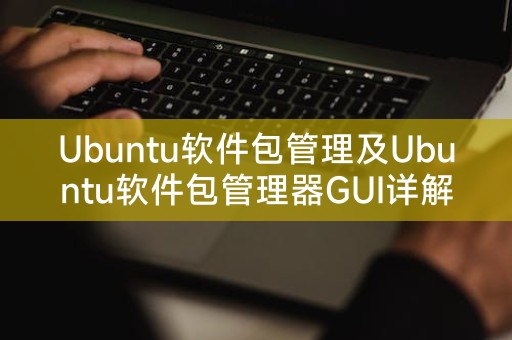
Course Introduction:As a popular Linux distribution, Ubuntu provides a powerful package management system that allows users to easily install, update, and uninstall software. In Ubuntu, the package manager is an important tool that can help users manage them. Software packages, this article will introduce Ubuntu package management and some commonly used package manager GUIs in detail. Ubuntu software package management Ubuntu uses dpkg as its underlying software package management system. dpkg is the abbreviation of Debian package manager. It can handle the installation, uninstallation and configuration of software packages. It may be more efficient to use dpkg directly for software package management. Cumbersome, so Ubuntu also provides more advanced software
2024-02-09 comment 0 1183
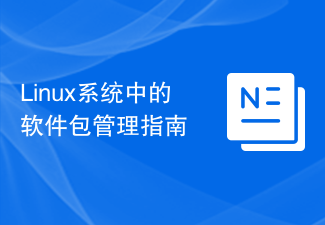
Course Introduction:As a representative of open source operating systems, Linux systems excel in software package management, and a variety of package management tools give users more choices. This article will introduce you to the software package management guide in Linux systems to help users better manage their own software packages. Commonly used software package management tools Commonly used software package management tools in Linux systems include dpkg, rpm, pacman, yum, etc. dpkgdpkg is a commonly used package management tool in DebianLinux systems. It is responsible for installing
2023-06-18 comment 0 2325
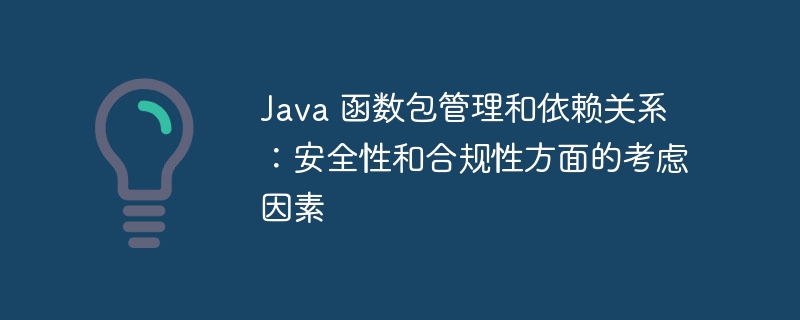
Course Introduction:Java Package Management and Dependencies: Overview of Security and Compliance Considerations Within the Java technology stack, package management is critical to managing function dependencies and maintaining security and compliance. This article explores security and compliance considerations when managing Java function package dependencies and provides practical examples. Security Considerations Using Library Locking Mechanisms: Library repositories such as MavenCentral provide snapshots and locking mechanisms to ensure that the dependency versions used are verified and current. Dependency scanning: Use tools such as OWASPDependency-Check to scan dependencies in function packages for known security vulnerabilities. Signing and verification: Consider signing and verifying function packages to prevent tampering
2024-04-25 comment 0 744